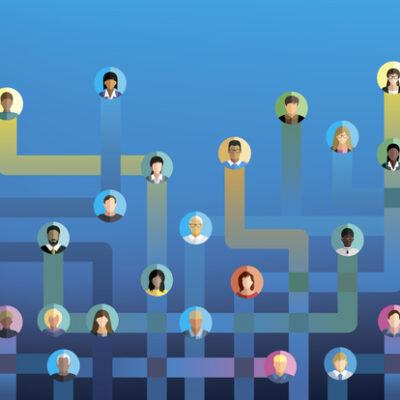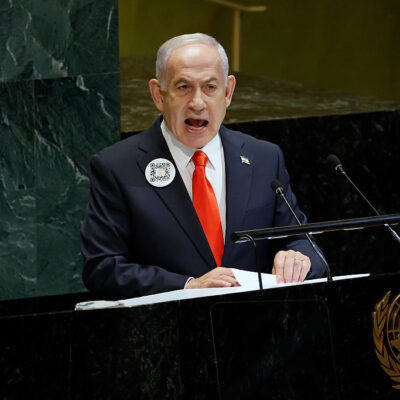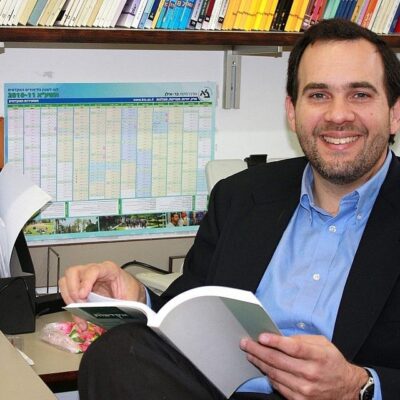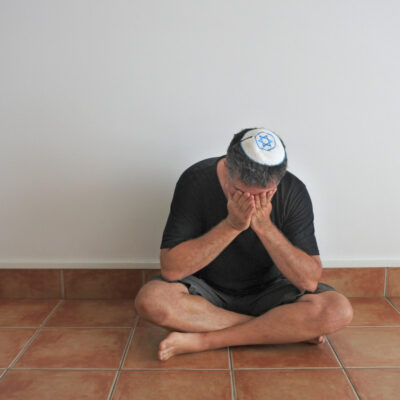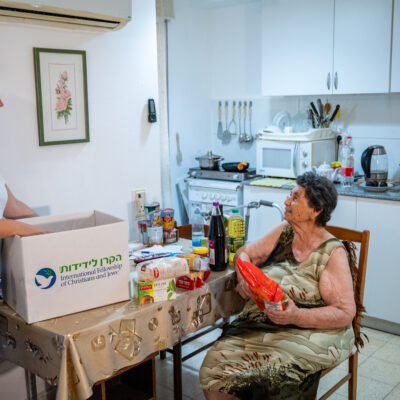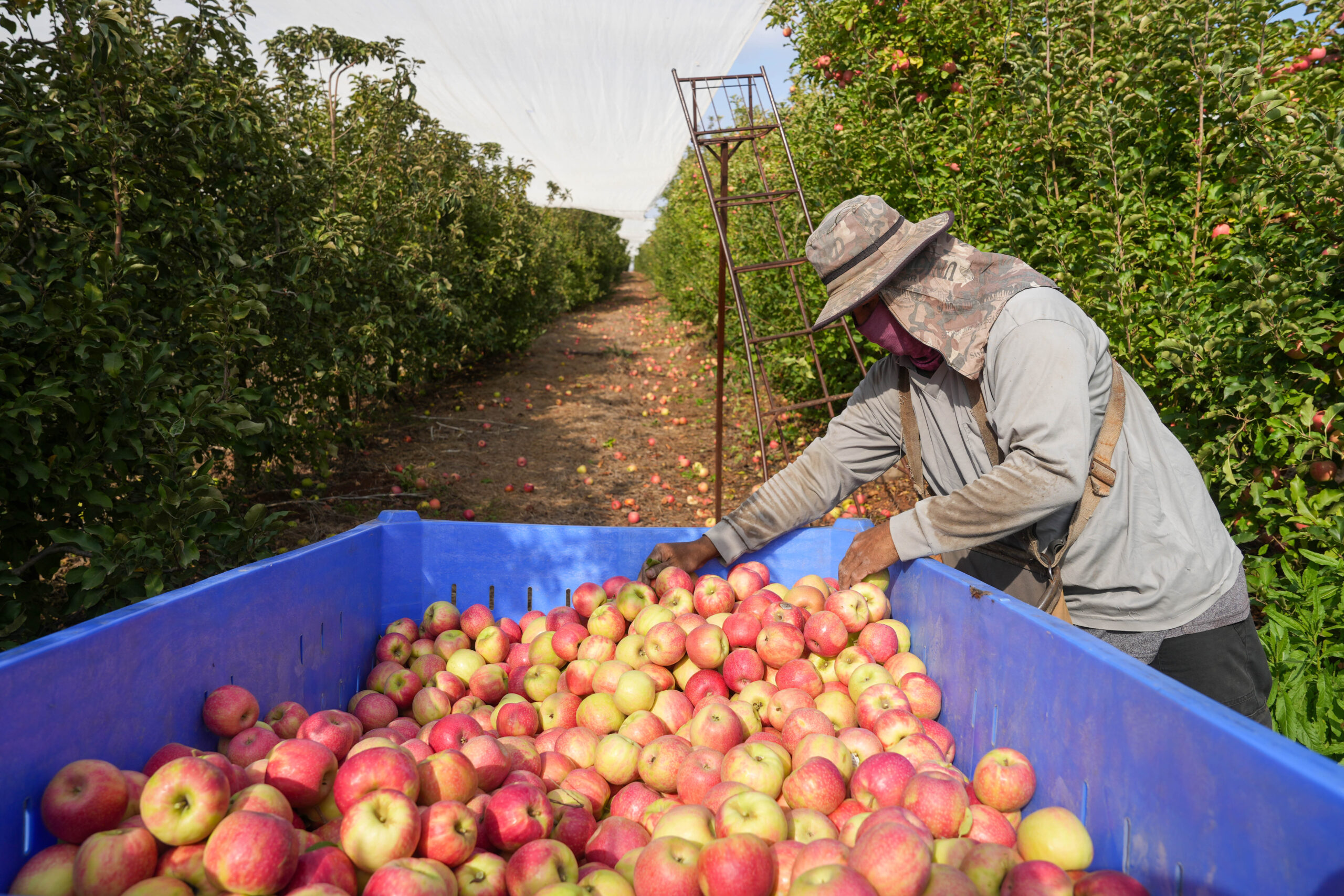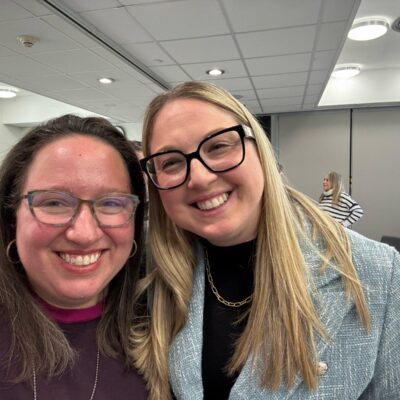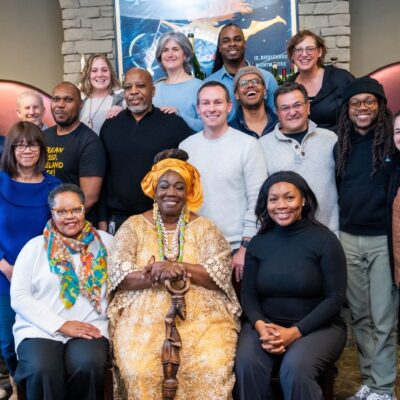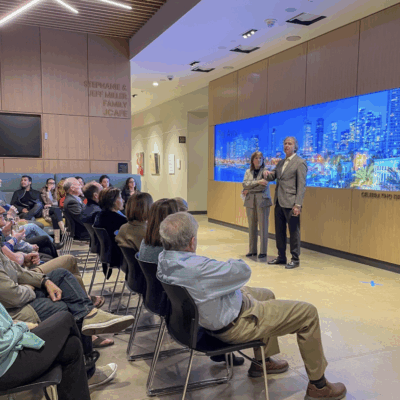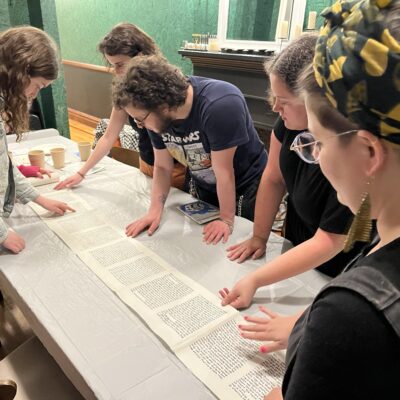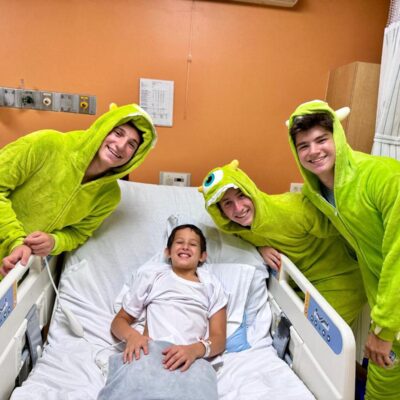Opinion
READER RESPONDS
Working to build interfaith bridges gives me hope
The recent M² “Hope Study” made waves by showing how many Jewish communal professionals feel discouraged, lack hope, worry about internal division and struggle to see a clear future. Yet, the study also found that Jewish professionals remain committed to their work because they see the difference it makes in people’s lives. I recognize that paradox. In fact, it’s what sustains me at Rekindle year after year, even as I hold down a full-time job outside the Jewish community.
For me, the success we’ve had building bridges between America’s Black and Jewish communities gives me hope. That success is person by person, cohort by cohort, city by city. Started in April 2021 by a handful of friends in Cleveland, we have — to our surprise and delight — expanded to 20 cities nationally. After each Rekindle Fellowship cohort meeting, I see the possibility of building a stronger, more just future together with allies from other marginalized and misunderstood communities. Every time we engage with each other face to face, we walk away with new respect, new understandings and new friendships.
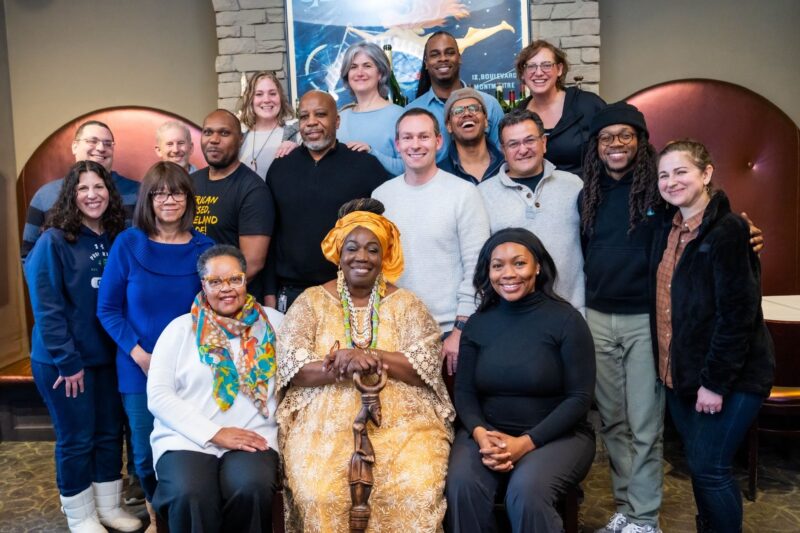
Courtesy/Rekindle
The eighth cohort of Rekindle fellows with co-founder and executive director Matt Fieldman (second row, center) and Rekindle board members Jon Steiger (middle row, second from left), Ras Olugbenga (middle row, second from right) and Carrie Miller (top right).
‘People are hungry for this’
For our whole team, Rekindle has always been a side project. I’ve worked full-time in the workforce development world for the past ten years, where I’ve learned there is tremendous satisfaction that comes from knowing you’re filling a gap through connecting them to living wage careers.
We’ve adopted that same customer-oriented approach with Rekindle. When our first cohort of Rekindle Fellows graduated in April 2021, their feedback was clear: They wanted more sessions. They wanted more opportunities to connect. And they wanted their friends and family to participate as well. Before we even had time to breathe or fully process that first experience, they went out and recruited our second cohort!
Rekindle Fellows tell us all the time that they feel isolated and alone; they want to break out of their bubbles and talk to people who don’t believe, live or see the world like them. So many of us are tired of the social media echo chambers that offer the same talking points ad nauseum. When I was remarking that we regularly have too many applicants for the 16 spots in each cohort, a Rekindle board member said simply, “People are hungry for this.” That raw human desire for deeper, more personal connection gives me hope.
In one workshop for Rekindle Fellows, a Black Christian participant talked about how he was bombarded by negative statements about Israel in his church and community. He described feeling ignorant and uninformed. Naturally, I felt dispirited hearing this.
But then he ended with this statement: “But now I have a Jewish friend, and I can ask her all my questions directly so I don’t have to just accept what I hear any more.”
These connections are allowing participants to challenge their own misperceptions and advocate for “the other” within their communities. These ripple effects across churches, community centers and workplaces can make a big difference. If that doesn’t give you hope, I don’t know what does.
Like many, I worry about how the institutional Jewish world and our legacy organizations can respond to this moment with the speed, compassion and nuance it deserves. But what’s given me hope are the many Rekindle partners on the ground across the country — from small ADL chapters, to one-person JCRCs, to our volunteer leaders who have taken it upon themselves to reignite Black-Jewish dialogue in their cities and regions. These folks are taking on one more responsibility in their already-busy lives, and they’re doing a phenomenal job.
I remember one retired Jewish woman telling me that her group of friends had been wanting to launch something like Rekindle for years, but had no idea where to begin. When they found out that we had a successful, replicable model ready to go, she was overjoyed to realize she could finally make her dreams a reality. Six months later, this group of grassroots volunteers ran an incredibly successful first Rekindle cohort, and are preparing for their second.
That such changemakers exist, and simply need the right tools to feel empowered, should give us all hope.
Why I still believe
Yes, the Black and Jewish communities are divided on some issues. Yes, there are hard conversations about Israel, race, privilege and power that have been festering for a long time. But every Rekindle cohort, every alumni project, every late-night WhatsApp exchange amongst our 160 Cleveland alumni tells me something powerful: hope is not abstract. It is lived, chosen and practiced. And hope, when put into action, can make a real difference to both individuals and our communities.
The M² study showed that 85% of Jewish professionals draw hope from their work’s impact on others. That is exactly what I see at Rekindle with every graduating fellow. When members of Jewish and Black communities sit down together – in all our diversity and multivocality – we model a future where fear doesn’t win, where division isn’t the last word. Most importantly to me, we’ve created a space where our Jewish values — b’tzelem Elohim, derech eretz, and tikkun olam — truly create a better world.
That’s why I believe in this work. That’s why I still have hope.
Matt Fieldman is the Co-Founder and Executive Director of Rekindle.

 Add EJP on Google
Add EJP on Google